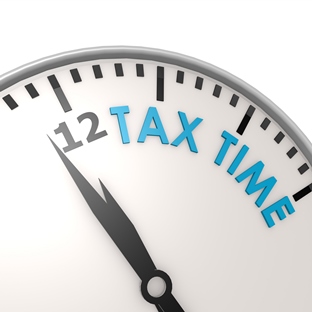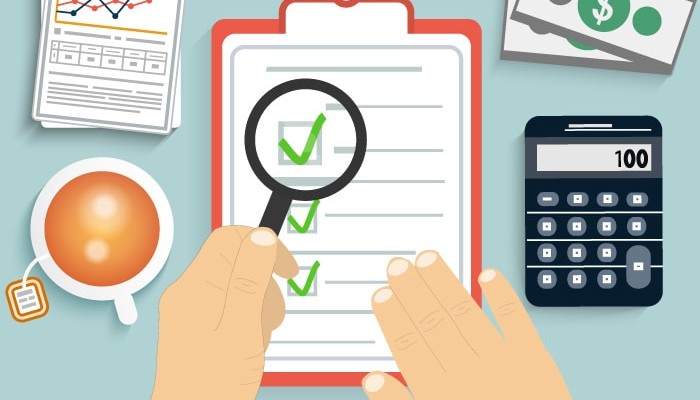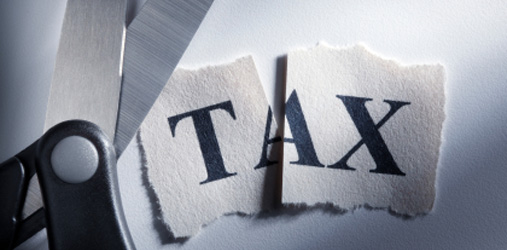Preparing for tax season really is a year-round endeavour for all small business owners, so here are few tax tips. Tip number one is to update financials on a monthly basis, using a streamlined software or cloud-based system.
This way, come tax time, everything you’ll need is all in one place and you’ll be better positioned to minimize your tax bill while avoiding penalties associated with inaccurate information and/or late lodgements.
Here are four more ways to take the stress out of tax time, and get the most out of your return.
Know your credits & deductions
Small businesses typically benefit from a wide range of tax credits, from special allowances for research and development, to programs that supplement wages for student employees and apprentices. Knowing which credits apply to your business can save you a bundle on taxes.
It’s also important to be savvy about deductions. After all, you want to keep as much of your hard-earned revenue as possible. Deductions that are often overlooked include:
- Seminars, courses or conventions you attended to improve your professional skills;
- Unused inventory that you’ve donated to charity (a good reason to consider donating your excess stock, rather than paying for storage); and
- Capital assets such as office furniture, computers, and equipment.
Speak to your accountant about the full range of available deductions so you can plan ahead for each tax year.
Be careful about what you claim
If you run your business out of your home, you may be able to claim a portion of expenses like utilities, insurance, property tax and rent. But you’ll need to keep good records and all your receipts to justify why you’ve allocated business costs to your home office.
The same goes for home office computers and mobile phone expenses. The ATO will want to see how you’ve separated the personal and professional use of these assets when you claim them as work expenses.
Want to claim travel to and from work as an expense? Ensure you submit a log of your business-related kilometres so you can clearly demonstrate how your personal vehicle was used for business purposes.
Don’t miss the deadline!
This should go without saying, but every year businesses are hit with severe penalties for late lodgements. Missing the deadline can have negative repercussions, including:
- Added interest to amounts already owing, plus a late lodgement penalty; or
- Delay of loan approvals (lenders require a copy of your lodged tax return in order to process your application).
Seek expert advice well in advance
A recent survey of small business owners found that many don’t understand their tax obligations. What’s more, 27% only speak to their accountant at the last minute, just before the lodgement deadline.
Software has made it easier than ever for small business owners to keep on top of their record keeping, but when it comes to thoroughness and accuracy, nothing can replace the expert advice of an accountant. Consult one well in advance to ensure you’ll get the most out of your tax return and that your documentation is complete. On the bright side, accounting fees are often tax deductible!








